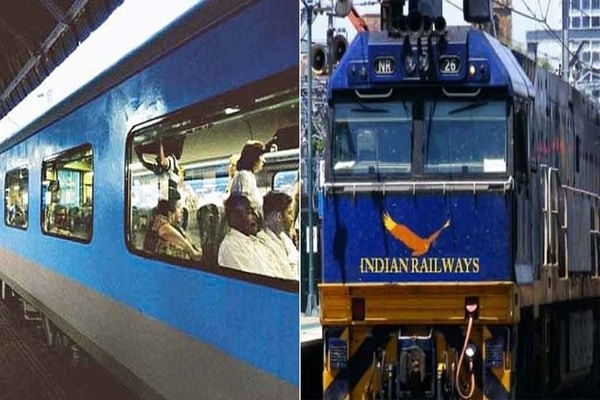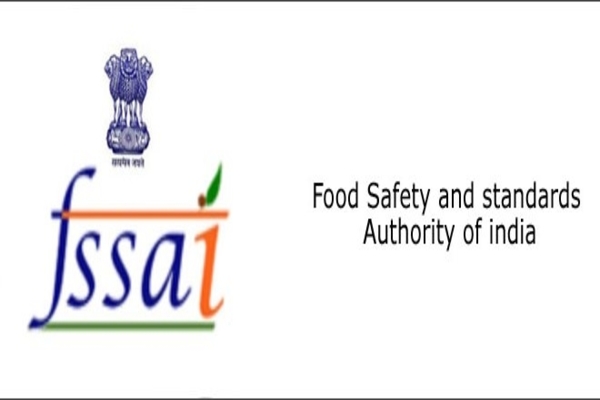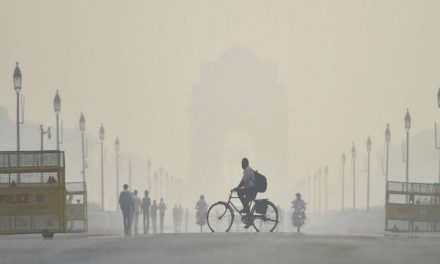Private trains fare: Indian Railways (IR) has decided to give complete freedom to companies operating private trains to fix fares to be charged from passengers and prices of other on-board services offered on the train such as catering, bedroll, content-on-demand, wi-fi, etc.
Private trains fare: The central government announced the entry of private companies in Indian Railways some time ago. After this, the exercise started. Railways have approved the operation of 151 trains on more than 100 routes through the Public-Private Partnership (PPP) model. However, during the operation of these trains, it is also important to take care of every section financially. In such a situation, there are many apprehensions about the fares of these trains. Meanwhile, according to media reports, the government can give the right to private companies to fix train fare.
The passengers opting for private player operated trains may have to pay for preferred seats, just like in airlines. Not just the preferred seats, passengers may even have to pay for any add on on-board services which may include wi-fi, onboard entertainment, and few others.
The decision to charge for these services, however, will be in the hands of private players.
Private entities will also be free to procure trains and locomotives from a source of their choice, provided such trains and locomotives are compatible with specification and standards specified in the concession agreement.
Factors mandated by Railways for private trains
1. Duration of journey: The running time taken by a train from originating station to destination station shall be comparable to the fastest train of Railways operating in the same route. No new similar scheduled train will depart the originating station in the same route within 60 minutes.
2. Length of Train: Each train shall have a minimum of 16 coaches and a maximum not exceeding the longest passenger train in the route.
3. Configuration of trains: To be decided as per party based on demand
4. Operation and maintenance: Governed by standards and specifications and requirements given in concession. While Railways will allow usage of its maintenance depots, private parties will have to provide for manpower, tools, and plants as required. The scheduled maintenance of the trains shall not be before 31 days or travel of 40,000 kms of such previous scheduled maintenance, whichever is later.
5. The crew (driver and guard) required for the operation of the trains shall be provided by Railways but will have to be trained by private parties
6. Safety certification shall be done by Railways based on its own safety parameters
7. Concession period will be for a period of 35 years commencing from the appointed date
8. Maximum Speed: Trains will have to be designed to operate at a maximum speed of 160 kmph
9. Determination of fare: The private entity shall have the freedom to decide on the fare to be charged from its passengers.
10. Ticketing: The private entity shall use the existing Indian Railway passenger reservation system for booking of tickets.






